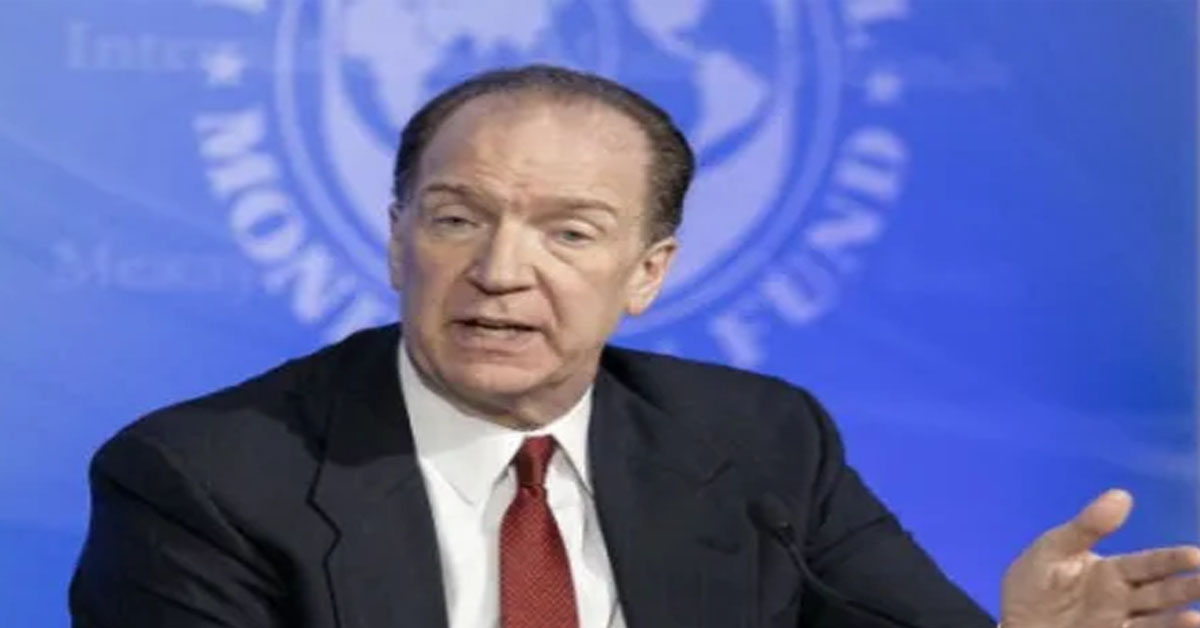The World Bank is sounding the alarm that numerous countries may not be able to stave off the impact of the global recession on their respective economies.
In the organization’s latest global economic outlook report, World Bank president David Malpass stated that the ongoing conflict between Russia and Ukraine, China’s unstinting anti-COVID lockdowns, stagflation, and disruptions to industrial supply chains are hampering economic growth everywhere.
Malpass isn’t the only one who isn’t feeling too confident about the global economy. Jamie Dimon, chief executive officer of JPMorgan Chase, spoke of an impending economic hurricane looming on the horizon just a week ago. Likewise, Tesla founder Elon Musk has openly expressed his unease regarding the economy and its implications for businesses like his.
Stagflation is the Biggest Issue
A combination of economic growth, which has stagnated over the past couple of years, and soaring inflation rates is the most pressing issue that worries economists and financial analysts the most these days.
Referred to as stagflation, this mix of stagnation and inflation is reminiscent of the double-dip recession of the late 1970s when an oil crisis in the Middle East and sluggishness in the global economy led to two downturns. The world felt its impact long afterwards, extending into the early years of the 1980s.
The Federal Reserve’s aggressiveness in raising interest rates has drawn mixed reactions. Some view this as a possible solution for inducing a drop in fuel and essential commodities. However, many people feel that this is too little and comes too late as a way of fighting inflation. This may, in turn, cause a recession.
The possibility that short-term rates will soar higher has spiked long-term Treasury bond yields and mortgage rates, prompting concerns that the rapid growth of the housing market over the past few years may come to a screeching halt.
Across industries, enterprises are trying to find ways to mitigate the impact of higher interest rates on their profit margins for this year. This is on top of having to deal with the rising cost of commodities and raw materials, as well as the need to raise their employees’ wages to help them cope with inflation.
The World Bank has adjusted its global economic growth projections to just 2.9%. It’s a drop from its forecast of 4.1% in January and a sharp fall from last year’s growth rate of 5.7%.














